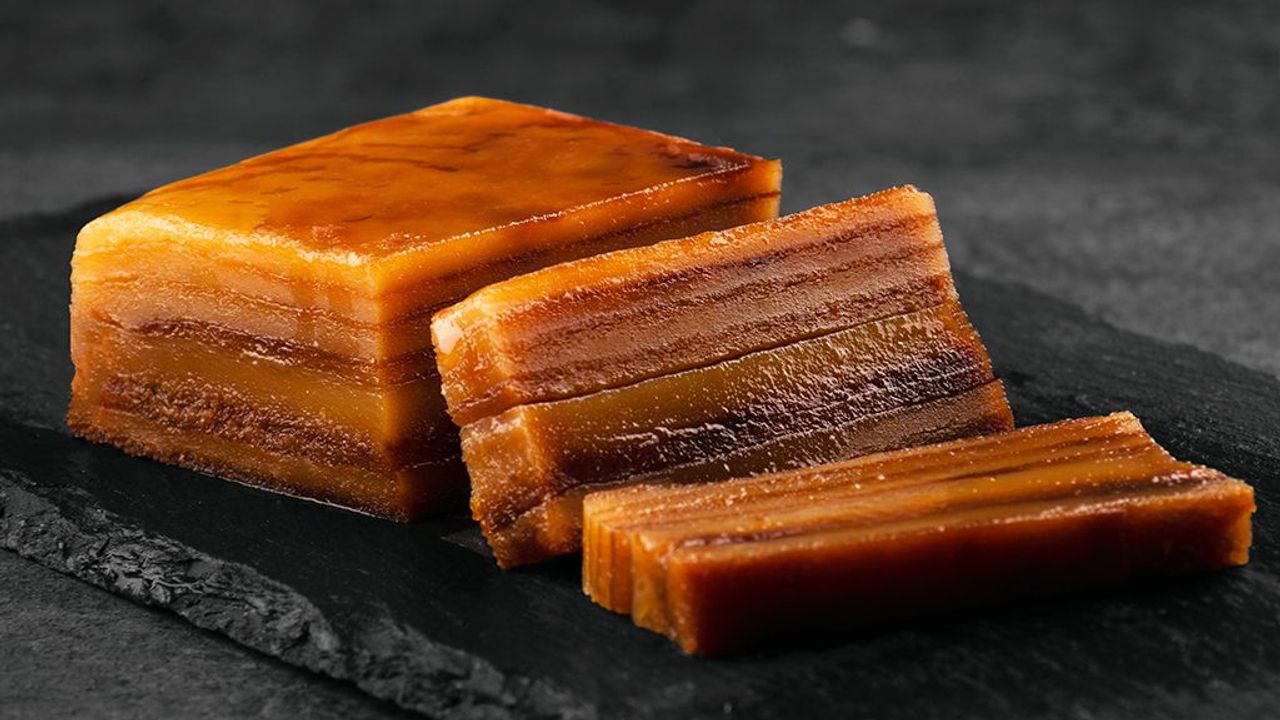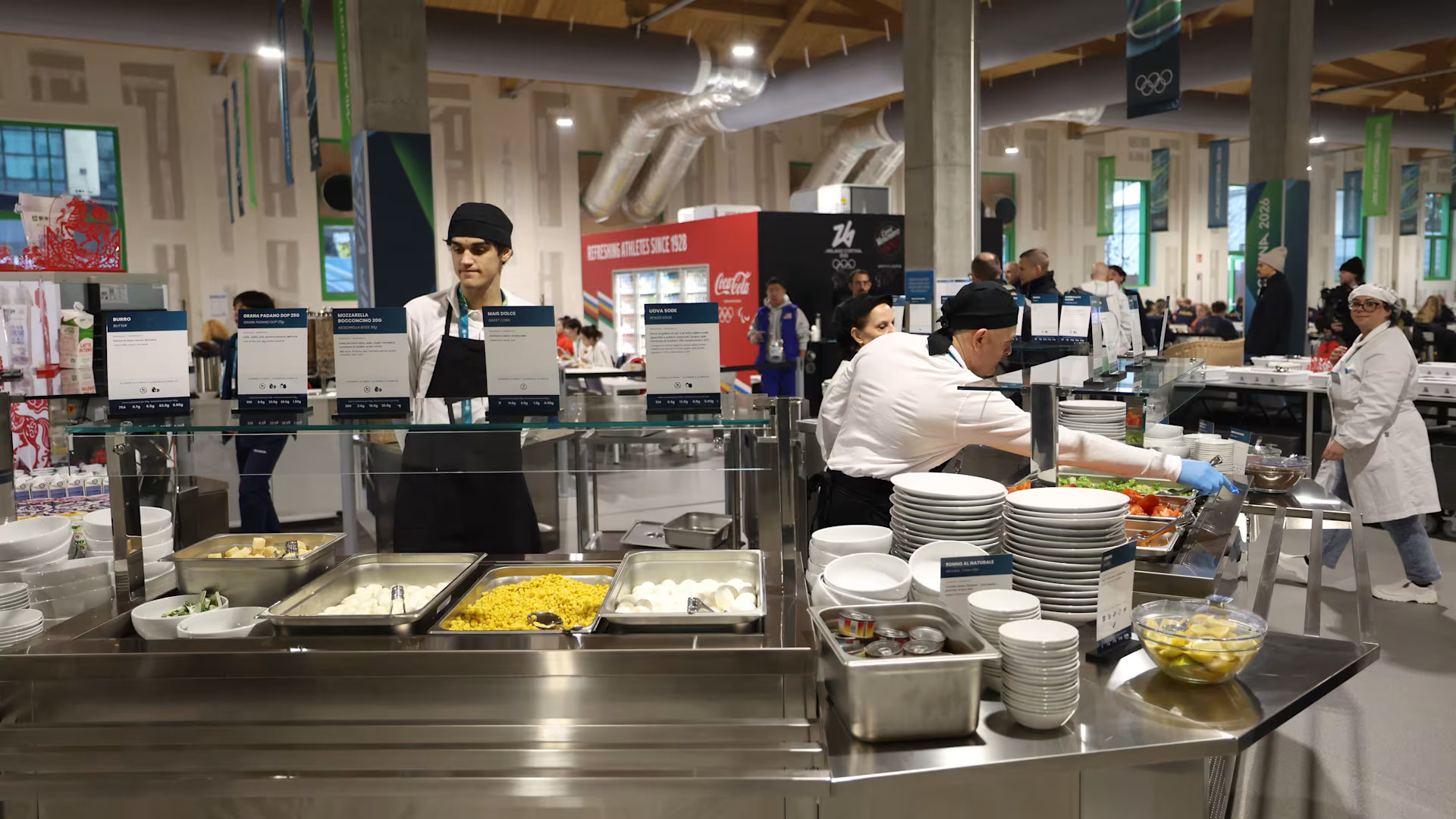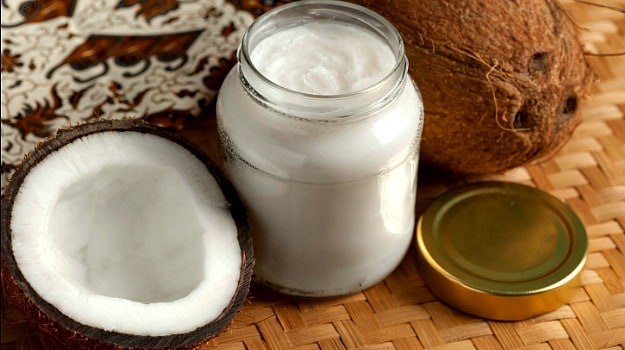As you fly into Kerala, you might be amazed by the pervasive green that greets you as you're about to land. The sea of palm fronds that stretches for as far as the eye can see makes it clear why Kerala or Keralam (as it is known in Malayalam) is called ‘alam’ meaning the land of, and ‘kera’ meaning coconut.
Not only do coconuts dominate the archipelago of the land, they are intrinsically tied to the culture and lore of Malayali folk as well. It is a part of every celebration-as an ingredient in the delicacies prepared, as offering to the gods and to mark an auspicious occasion (by breaking a coconut). This close tie with the palm tree has given it its special title as ‘KalpaVriksham’.The coconut kernel is rich in protein and saturated fats of which lauric acid is the most important. Lauric acid aids in preventing atherosclerosis, which has helped boost the popularity of this oil around the world. In Kerala however, coconut oil or velichanna as it is known here, has been the preferred oil for centuries. It has a very smoky, distinct flavour that has long been associated with Malayali food. Commercial grade, refined coconut oil is manufactured by first drying the coconut kernel. The oil from the dried kernel (copra) is then pressed out by mechanical means. This oil then undergoes a filtering process after which it is packaged. Virgin coconut oil, however, is made from fresh coconut kernels, and not copra. The flavor therefore, tends to be less distinctive.
Coconut oil is used in homes for dishes that vary from the complicated like making a meen pollichathu to something as simple as rustling up an omlette to eat with puttu. It’s high smoking point makes ideal for deep frying parippu vada or banana chips for tea.Coconut milk, which is also commonly used in several other cuisines around the world, is an important ingredient in the delicacies of Kerala. When added to curries, it serves the role of tempering bold flavours, making them subtle, while taking the richness up a notch. It is not surprising then that several of the most popular signature dishes from the region like fish moiley, or payasam have coconut milk giving it a silkier, more nuanced touch. If you have fresh coconut kernels on hand, extracting fresh coconut milk is a breeze. Grate the coconut, pulse it in a food processor until it reaches a mulch consistency.
Strain it through a muslin cloth or sieve and what you have is the first extract, which is thick and creamy. Transfer the coconut solids back into the processor, add a little water, and repeat the process to get more diluted milk, the second extract. The second extract is generally added into curries and payasams as they are being prepared, and the more concentrated first extract is added at the very end of the cooking process as too much heat tends to break down the milk solids.
Coconut palm jaggery, which is made from coconut sap is an excellent sweetener- it lends a beautiful earthiness to payasams and any dish that could use a deeper, more caramel flavor. My favourite use of jaggery however is in a cup of black coffee, with a pinch of cinnamon.India produces 17% of the world’s supply of coconuts, of which 45% comes from Kerala alone. From it’s use as a nourishing oil that is believed to be the secret behind the thick, black hair of a Malayali woman, to being the secret ingredient behind the best fish fry you have ever tasted, the Malayali love affair with coconuts is a sweet one.Avial (Mixed Vegetable Curry with Coconut)
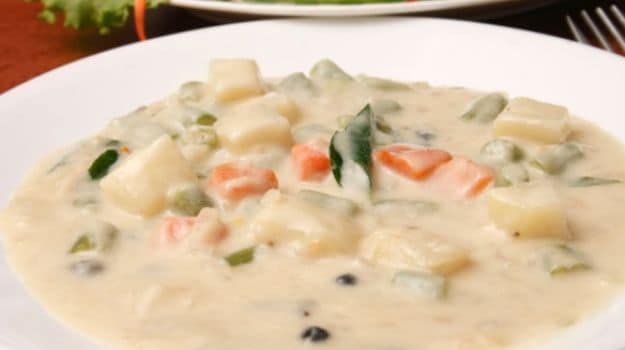 Ingredients
Ingredients3 cups diced vegetables. All or any of these - drum sticks, string beans, green plantains, yam or carrots
2 cups water
3 tablespoons yogurt
¼ teaspoon turmeric
1 tablespoon coconut oil
1 teaspoon mustard seeds
6 curry leaves
SaltFor coconut paste:
1 cup of grated coconut
4 shallots
4 green chillies
1/4 teaspoon cuminMethod:
1. In a medium-sized saucepan, add the vegetables, turmeric, salt and water and cook on medium heat until tender, about 10 minutes, and take it off the heat.
2. While the vegetables cook, grind the ingredients for the coconut paste to a coarse consistency.
3. Add the paste to the cooked vegetables and stir well.
4. When the mixture is slightly cooled, gently whisk in the yogurt.
5. In a small skillet heat the oil, and add the mustard seeds, As they start popping, add the curry leaves, let it sit for a minute and take it off the heat.
6. Drizzle onto the vegetables, and serve immediately.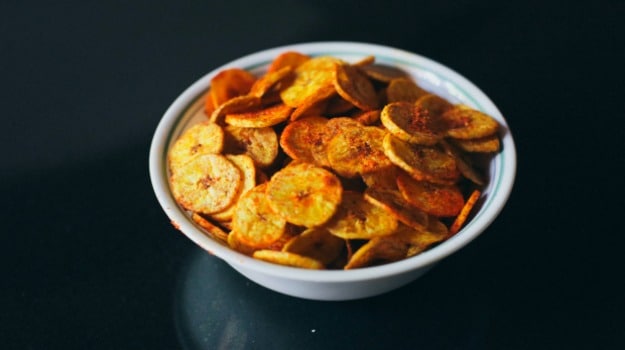
Banana Chips Made in Coconut OilIngredients
4 green (unripe) plantains, peeled, sliced into thin rounds and washed
2 cup coconut oil
3 cups water
1 teaspoon turmeric
1 tablespoon chili powder
Salt to tasteMethod
1. Put the slices of banana into a solution of water, salt and turmeric and let sit for 5 minutes.
2. Give it a good mix and transfer to a colander to drain completely.
3. In a medium sized kadai on high heat, heat the oil.
4. When it starts smoking, add the slices in small batches.
5. Fry until golden and transfer onto a paper napkin.
6. Repeat with the rest of the slices.
7. Sprinkle with salt and chilli powder and let it cool.
8. Store in an air-tight container for up to a week.
About the Author: Aysha Tanya is a freelance writer and food blogger at www.malabartearoom.com
Disclaimer:
The opinions expressed within this article are the personal opinions of the author. NDTV is not responsible for the accuracy, completeness, suitability, or validity of any information on this article. All information is provided on an as-is basis. The information, facts or opinions appearing in the article do not reflect the views of NDTV and NDTV does not assume any responsibility or liability for the same.
